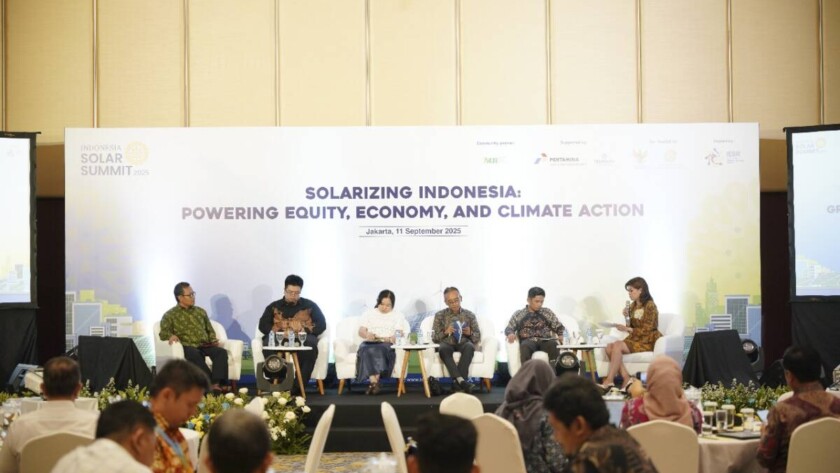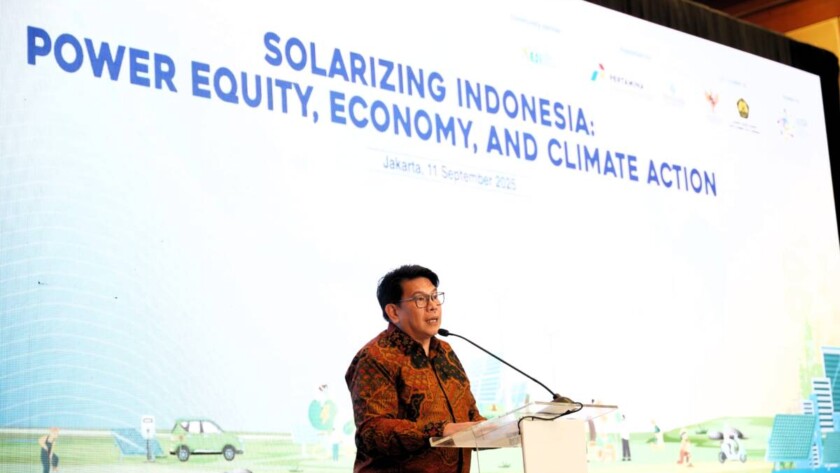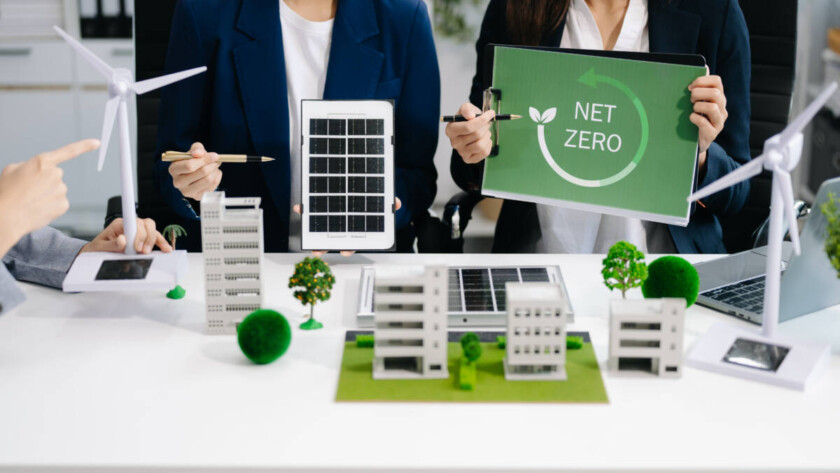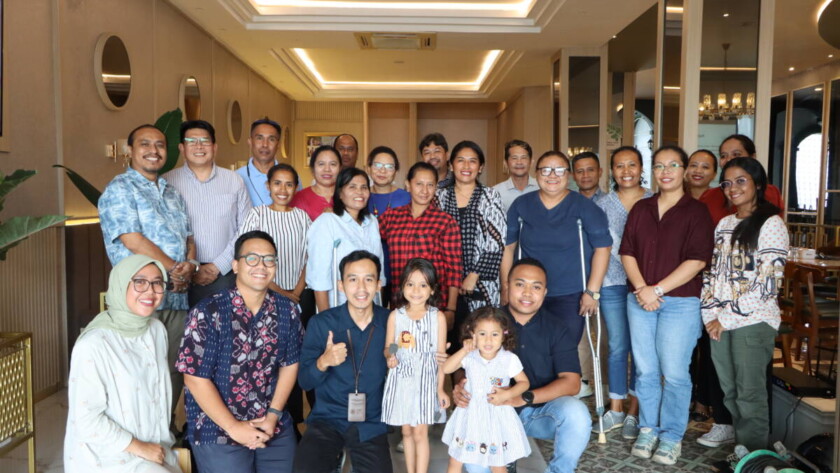Jakarta, September 11, 2025 – Indonesia is accelerating its efforts towards industrial decarbonization, partly by leveraging solar energy. This transformation is not only part of the national energy transition agenda but also a strategy to boost industrial competitiveness amidst global demands for environmentally friendly practices.
Winardi, from the Directorate of Industrial Zoning at the Ministry of…





